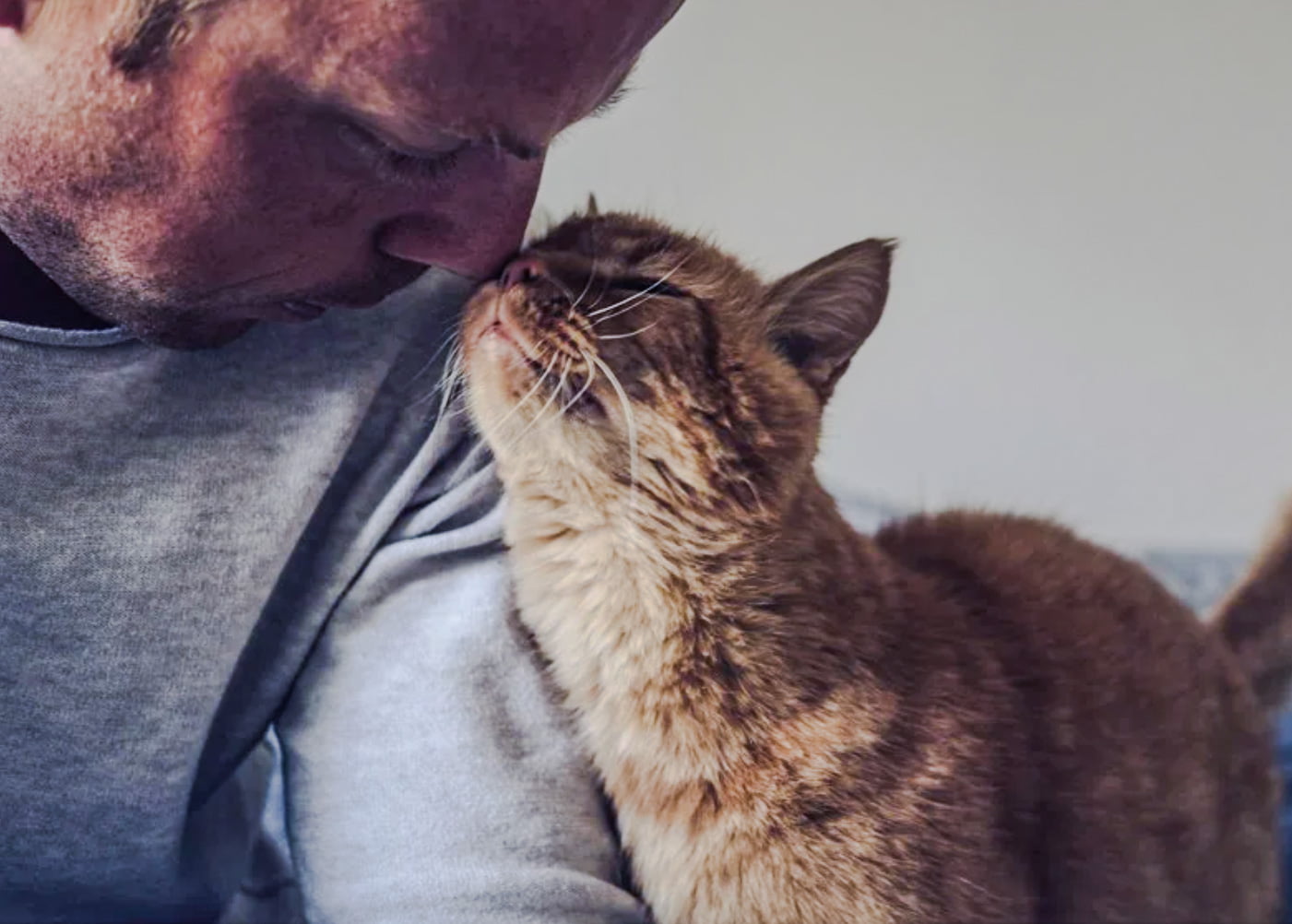Here is a dementia symptom checker for domestic cats. It comes courtesy of the vets4pets.com website. Apparently, veterinarians estimate that 85% of cat and dog dementia is undiagnosed. One in three elderly cats potentially suffer from dementia. People can spot early signs of dementia in people but can they do the same with the domestic cat companion? Veterinarians believe that about 1 million cats and dogs live with undiagnosed dementia in the UK. That represents about 10% of the cat population in the UK. As there are about 90 million domestic cats in the USA, around 9 million have undiagnosed dementia. You can spot pet dementia through behavioural changes. Typically, it might be seen in cats around 12 years of age while for dogs it is over 8-10 years old.

Here’s a checklist. Is your cat displaying the following behavioural characteristics? Try to be as objective as possible 🙂 .
- Has more ‘accidents’ outside the litter box i.e. inappropriate elimination, for no known cause. I think this needs to be qualified. You have to be careful because so-called “inappropriate elimination” can be caused by, for example, cystitis which is often due to stress (idiopathic cystitis). And you have to differentiate between inappropriate elimination which is urination and spraying which is marking territory;
- Spends less time grooming;
- Is more reluctant to interact with you;
- Plays less with toys and has less interest in playing with you;
- Sleeps more and is less active;
- Cries out loudly for no apparent reason. This may take place more often at night than during the daytime when their owner is asleep
- Appears forgetful. This might be difficult to diagnose because I don’t know how you can tell if a cat is forgetful! Forgetfulness is really a human condition and does not really apply to domestic cats but it may help. Perhaps it means failing to stick to known routines.
This is a link to the vets4pets dementia questionnaire (external links often break over time and if that has happened, I apologise but I don’t control it).

SOME MORE ON DEMENTIA:

